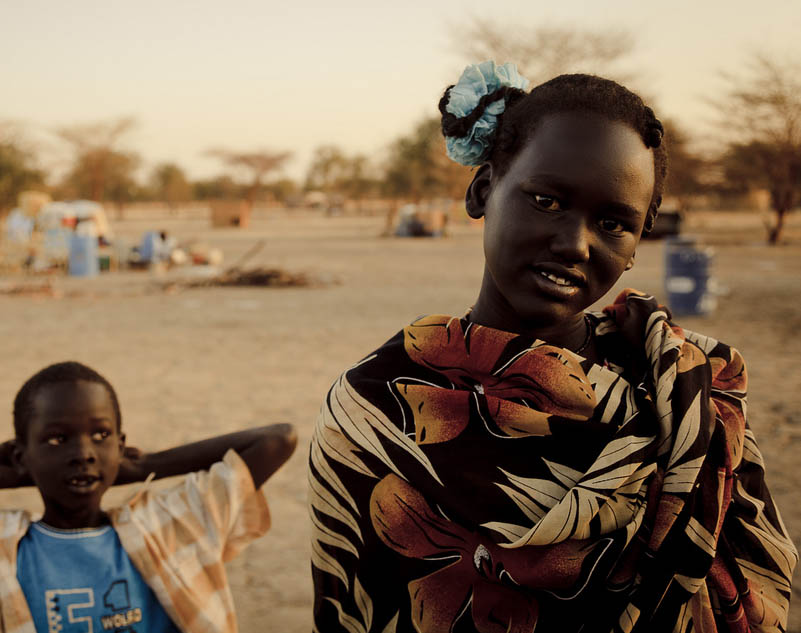
A recent video published by Human Rights Watch tells the story of Mary. At the age of 14 she was forced to marry, and soon after she attempted to leave her husband. To prevent her from leaving, he beat her so hard that she collapsed to the floor, and then pulled out an axe to continue the beating. Mary held up her arm in an attempt to defend herself as her husband sought to strike her in the head. The axe blade cut her arm deeply, but her head remained uninjured. Had she not raised her arm in self-defense, her husband would have killed her. Had she not raised her arm in self-defense, would have died that night.
Unfortunately stories such as this are not uncommon. Child marriage is an epidemic in South Sudan, with 48% of girls under the age of eighteen forced to marry often much older men. Particularly in pastoral and agricultural villages, there is a long cultural heritage of girls marrying very young, and a young girl’s value is only measured by the dowry (money or cattle) she brings to her husband’s family. In pastoralist societies, girls as young as twelve are married to men for an agreed upon amount of cattle, which provides food and a source of income for the families.
Dowries are the main driving force behind child marriages and are inextricably linked to the other major factors that contribute to the practice: poverty and cultural tradition. Many people living South Sudan’s pastoral and agricultural communities live in extreme poverty and a dowry is seen as a quick method of improving a man’s economic status. Marriage is also a way to protect girls from pre-marital sex and unwanted pregnancy, which undermines family honor and can reduce the amount of dowry a girl is “worth.” In societies such as this, girls have essentially no choice when it comes to marriage – they cannot count on their families for protection from abusive husbands and the government does not provide adequate safe havens for girls fleeing from forced marriages.
Child marriage is detrimental to the livelihoods of young girls as many of them face higher domestic violence and mortality rates. Girls that refuse their families’ wishes to marry are often beaten or murdered by older male family members. As highlighted by Mary’s story, child brides are at risk of beatings by their husbands. In Mary’s case it was because she attempted to leave, but reports show that girls can be harshly punished for merely not cooking or cleaning to the husband’s standards. “Because early marriage limits young married girls’ knowledge and skills, resources, social support networks, mobility and autonomy, they often have little power in relation to their husband or his family,” states a Human Rights Watch report issued last month. Marital rape is also common in South Sudan, yet it is not recognized as a criminal act by national law; therefore, girls are unable to bring charges of sexual violence against their husbands.. In addition to the danger of rape, an estimated 2,000 per every 100,000 live births result in maternal mortality, which puts South Sudan as one of the worst places in the world to be a mother. Since young girls are not developed enough to give birth, a high percentage die from obstructed labor or prenatal hemorrhage.
South Sudan has made great strides to bring women’s rights and visibility to the open but there is still a failure to implement existing legislation and local laws. The 2008 Child Act aims to protect children under the age of eighteen from forced or early marriages and also to protect children’s right to non-discrimination, health and education; however, most matters relating to divorce, child custody, and domestic violence are handled by customary courts that frequently discriminate against women and girls. Training for government and law enforcement officials, resources for young girls fleeing marriage, and guidelines on how national and state government ministries can address child marriage should be implemented by the South Sudanese government. Children should not have to suffer in this way and, with the international community pushing South Sudan in the right direction, the world’s newest country has the opportunity to become a leader in women’s and girls’ rights.
Photo: Returnees on the outskirts of Abyei; Credit: Tim Freccia / Enough Project

